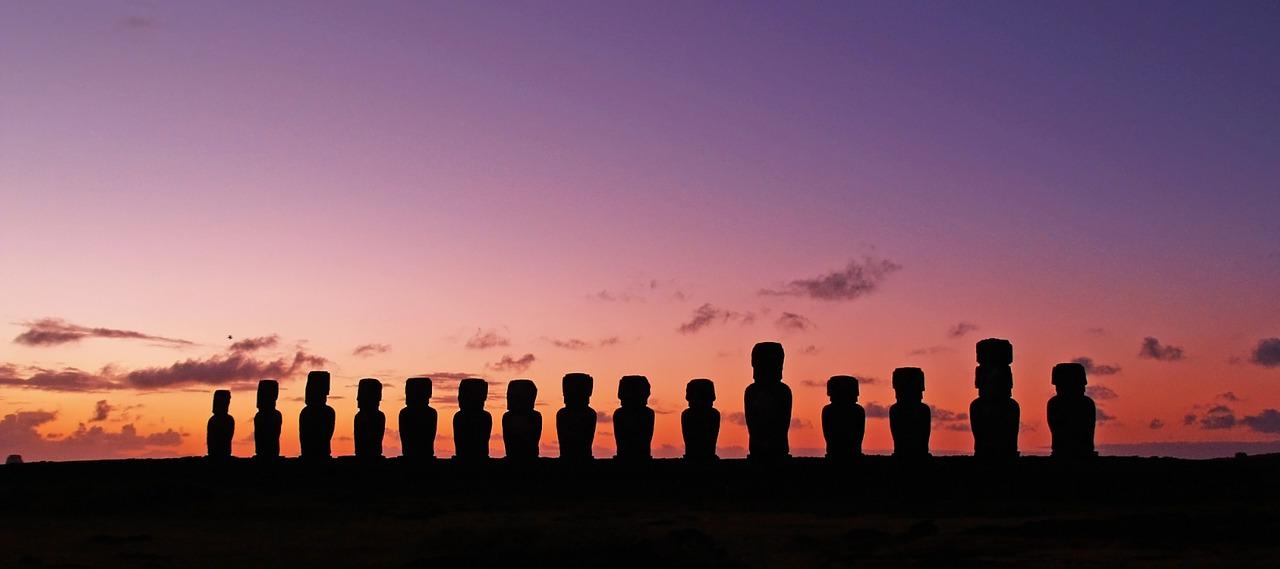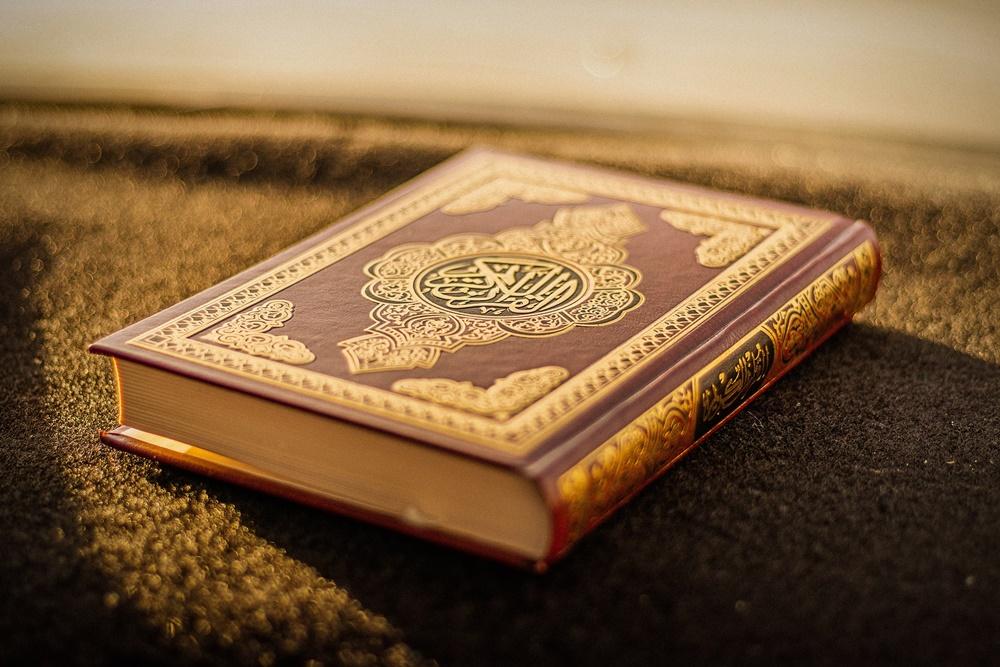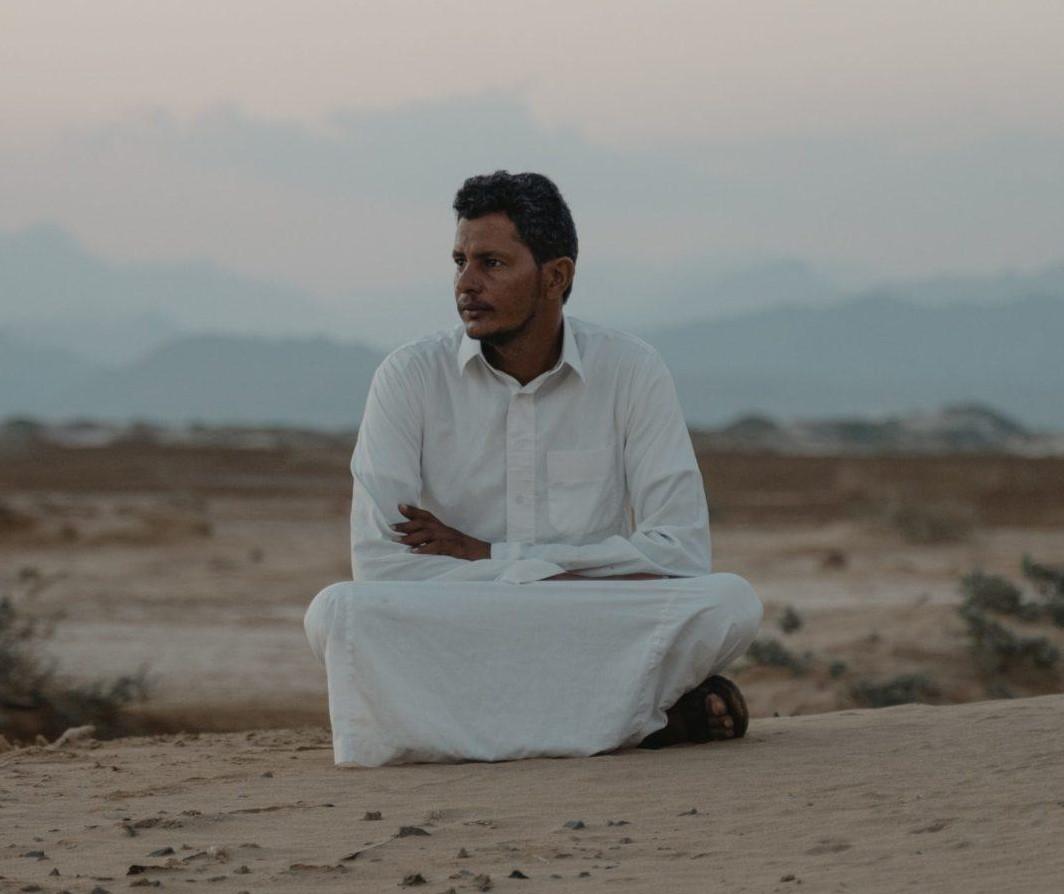Believe it or not: It all started with good intentions. Idol worship started with the intention of bringing people closer to Allah and worshiping Him better — at least that’s what humans thought.
How could idol worship, something so grave that Allah refuses to forgive it unless true repentance is sought, begin with noble intentions?
Prophet Muhammed ﷺ explained how idolatry found its way among mankind in the explanation of verse 23 of Surah Nuh.
“And they have said: ‘You shall not leave your gods: nor shall you leave Wadd, nor Suwa’, nor Yaghuth, nor Ya’uq nor Nasr’ (these were the names of their idols).” [Qur’an 71:23]
Ibn Abbas, may Allah be pleased with him, said in his commentary of the above verse:
“These were idols of Prophet Nuh’s nation which in time ended up among the Arabs… These idols were named after some righteous men among Nuh’s people…” [Sahih Al-Bukhari]
Long before the arrival of Prophet Nuh, peace be upon him, people used to practice Tawheed. They worshipped none but Allah as taught by Prophet Adam, peace be upon him. Among them were some righteous men, who were well-known for their piety and devotion. When these righteous men died, Shaitaan came to the people and inspired them to make statues of them, bearing their names. The intention was to remember their devotion to Allah and to encourage people to be more like them.
People agreed to this seemingly noble idea. They placed the statues where those righteous people used to frequently meet. But they did not worship them.
However, years later, after that generation died, people slowly forgot the purpose of those statues. Shaitaan now came to their descendants and told them that their predecessors used to worship these statues for rain and other blessings. Due to a lack of knowledge, they were fooled by Shaitaan into worshiping the idols, which then their descendants followed as well.
Thus, Shaitaan introduced idol worship among the people of Nuh, peace be upon him. So strong was their belief in the idols that later when Prophet Nuh, peace be upon him, asked them to worship Allah alone, “they put their fingers in their ears, covered themselves with their garments, persisted, and were arrogant with [great] arrogance.” [Qur’an 71:7]
“And said, ‘Never leave your gods and never leave Wadd or Suwa’ or Yaghuth and Ya’uq and Nasr.” [Qur’an 71:23]
The Scheme of Shaitaan
Notice how Shaitaan did not simply suggest to the people to worship idols. He gradually and patiently poisoned their minds. A couple of generations later, Shirk seemed normal and even ‘sensible’ to them.
Shaitaan has been using this trick for ages and continues to do so today. One has to only see the fitnah among people nowadays and compare it with a few decades ago. Consider homosexuality for example. It is prohibited by the major religions of the world. Until the 20th century, it was considered immoral and a punishable offence in the US.
Now it has become so rampant that those who disapprove of it, let alone denounce it, are labeled as “intolerant and narrow-minded.” It is being promoted and celebrated widely to make it popular. Even the cartoons that children watch increasingly include homosexual references.
How can we protect ourselves?
1. Educate
What led the people of Nuh, peace be upon him, to start worshipping the idols of the righteous men was the lack of knowledge. The real reason for setting up the statues had become obscure and this gave Shaitaan the opportunity to misguide people.
To avoid that trap, we must educate ourselves, our families and communities, especially regarding the current fitan (pl. of fitnah) around the world. One should never make the mistake of blindly assuming that the ongoing trials will not find their way in our communities.
We should equip ourselves with the knowledge that differentiates between the less appealing halaal and the common haraam. Having the correct knowledge is like having won half the battle.
2. Increase our Emaan
We should also strengthen our Emaan to keep us grounded in what is pleasing to Allah and guard ourselves from what displeases Him. The Messenger of Allah ﷺ said: “Hasten to do good deeds before there emerges fitnah like a piece of black night, when a man will be a believer in the morning and a disbeliever in the evening, or he will be a believer in the evening and a disbeliever in the morning, and he will sell his religion for worldly gain.” [Muslim]
3. Duʽaa
And of course, keep praying to Allah to guide us and keep us on the right path. We already pray seventeen times a day in our salah when we recite “ٱهْدِنَا ٱلصِّرَٰطَ ٱلْمُسْتَقِيمَ” (Guide us to the straight path) from Surah al-Fatihah. We just need to put in some more sincerity when we recite it and follow it up with the required actions.
Eventually the trialswill become rampant as they had in the past. Yet, there will always be a group of people who will be the ‘strangers’ as Prophet Muhammad ﷺ said, “Islam began as something strange and will revert to being strange as it began, so give glad tidings to the strangers.” [Muslim]
We ask Allah to make us of those ‘strangers.’








 Dr. Bilal Philips
Dr. Bilal Philips